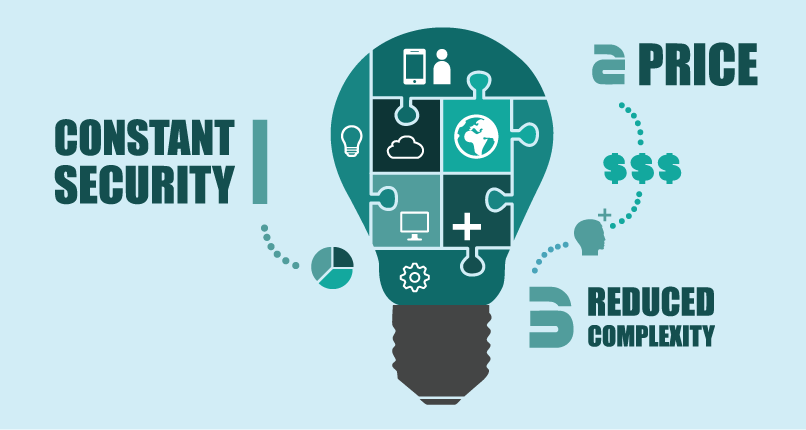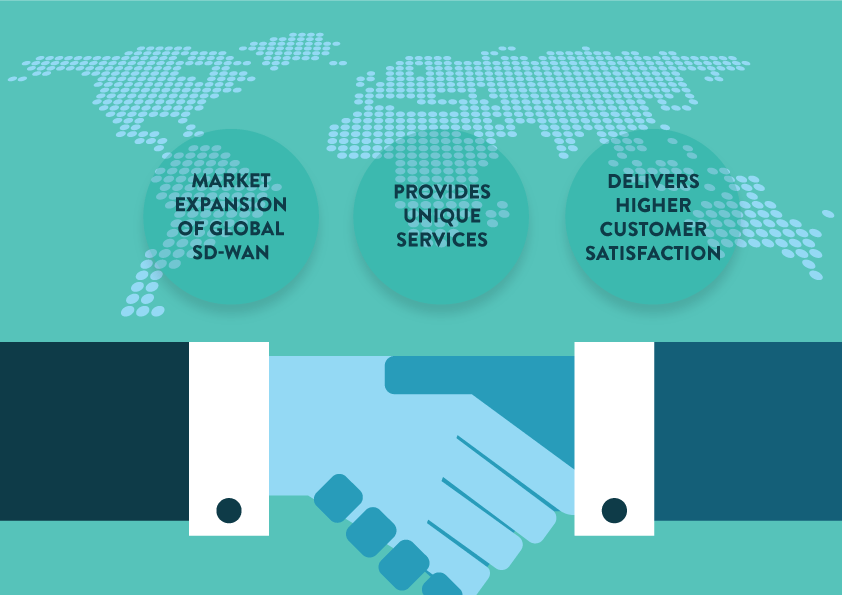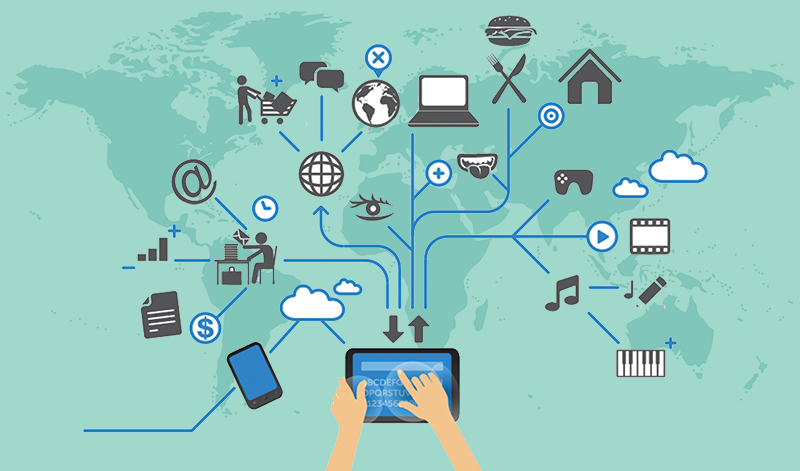5 Common Myths about MPLS that Hurt Your Business
I often wonder why businesses stick with outdated technologies, such as MPLS, when superior alternatives are available at a much lower cost.
I ask my sales team what they hear in the trenches, and the excuses they’re given are legion – and most sound like rationalizations. This isn’t meant to knock people making those decisions, but rather to highlight a psychological trait we should all be more aware of in our lives: the resistance to change.
We all resist change to some extent, but some organizations resist change more than others. Research from New Catalyst has found that organizations that develop a “culture of toxicity around failed change” are the least likely to change.
The culture of toxicity develops for a variety of reasons. Sometimes management overhypes change. Other times there is “change fatigue” when organizations try to change too much, too often.
Another common reason people resist change is because they fall for FUD (Fear, Uncertainty and Doubt) campaigns waged by incumbents. “If you switch, the Internet will literally break.” Okay, that’s an exaggeration of the FUD being pushed by incumbents – but only a slight exaggeration.
The thing about MPLS is that change is coming. It’s only a matter of how much time and money you’ll waste before you change. The skyrocketing costs of MPLS coupled with the changing nature of MPLS already makes MPLS obsolete.
The next time your MPLS contract comes up, here are some of the myths MPLS vendors will throw your way. Knowing these myths will help you better assess your options and overcome the fear of change.
Here are my top-five FUD talking points peddled by incumbents, and the reasons why each is a myth:
Myth #1: MPLS is always private end-to-end.
The truth: This is true only some of the time.MPLS vendors have been known to sell connectivity as a combination of private and purely Internet-based links. In certain locations, the last mile may be a DSL link because there is no good way to pull a private link to certain parts of the world.
Myth #2: MPLS is more secure than the Internet.
The truth:This is false!Unless IT secures data running over an MPLS network using VPNs, it travels in clear text.
Myth #3: My MPLS vendor has a global network to serve my needs.
The truth: There is no truly “global” MPLS vendor. MPLS vendors work with partners using strategies like ICI/NNI or resale to enhance their global network strategy.
Myth #4: I need QoS and therefore MPLS for my voice systems and videoconference equipment to work.
The truth: This is partially true. MPLS does work great for real-time applications like voice, video and more. However, there are other ways to get reliable connectivity between two or more locations.
Myth #5: MPLS is the best way to improve application performance.
The truth: This statement is built on a few assumptions that are only occasionally true. MPLS does work well for the performance of real-time applications. However, TCP-based applications, which most applications now are, require more intelligence built into the network to improve their performance, especially over long distance. WAN optimization as a technology is routinely deployed on top of MPLS networks at a huge cost and with a long deployment timeline in order to improve the performance of data-centric applications.
In other words, you need to buy another expensive networking solution to paper over MPLS’ inherent weakness in handling data-centric applications.
One final observation: Another reason people fear changing is a kind of herd mentality. There is perceived safety in following the herd. If the MPLS network is down, so is everyone else’s network – so you’re not at a competitive disadvantage. That’s the perception, not the reality, but if everyone else believes the same myth and behaves in the same irrational way, there is safety in that false perception.
So, remember the next time you hear FUD from an incumbent, they are playing on your quite natural, often even logical, fear of change.
They are peddling fear to distract you from the truth, so remember, you actually have another choice.
Rather than staying in denial, so you can rationalize those expensive checks you send to the major carriers, and so you will fork over even more money when it comes time to upgrade, look at your choices.
Look at networking innovation. Look at next-generation solutions, such as those from Aryaka. But don’t trust me on this. Evaluate your options . . . for free.
Anytime, you can run a no-cost, no-obligation trial with us to learn for yourself how much money you can save (often millions in networking costs) and how much time you will save, when it no longer takes weeks or months to set up new links.
What would you rather do? Play it safe or take a calculated risk that will, when we deliver on our promises, make you look like a visionary and an agent of change?
– Sonal






